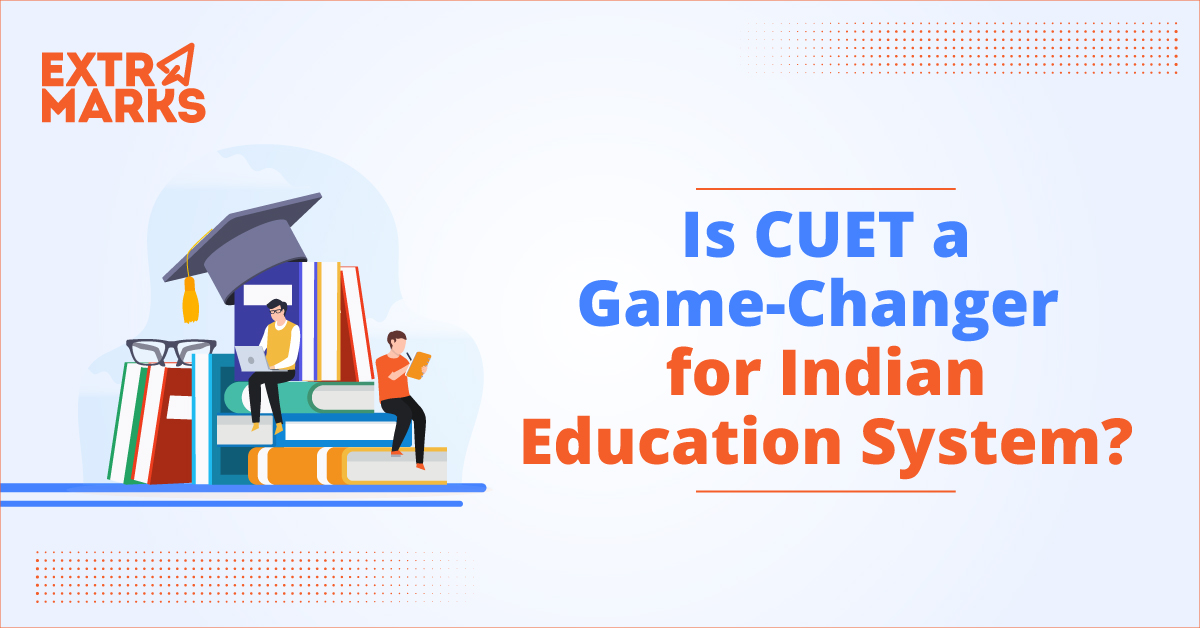What is Personalised Adaptive Learning (PAL)?

Learning is different for everyone. Some are visual learners, while some are auditory learners. However, sometimes schools miss the mark. Let’s be honest, paying attention to every single child in an Indian classroom, where the population is already high, can be overwhelming for any teacher. But adopting the personalised adaptive learning (PAL) approach can be your solution!
What is Personalised Adaptive Learning (PAL)?
Personalised adaptive learning is an approach that adapts to each learner’s individual needs. It helps students learn based on their unique styles, preferences, and levels, making learning more flexible.
But working on the personalised adaptive learning model in India can be tricky. With the population in schools, it is difficult for teachers to adapt to each of their student’s learning styles manually. Here’s when technology can be put to use.
How Personalised Adaptive Learning (PAL) Works?
At its core, personalised adaptive learning is supported by smart technology where it analyses the learning patterns of the students by tracking and then adapts to their individual learning needs. Hence, once the student logs in to the learning platform, they are not just given random lessons. Instead, they are provided with structured lesson plans that align with their learning speed, level, and preference.
Once the student progresses through the chapters in the personalised adaptive learning plan, the learning platform will use technology further to adapt to their progress.

Benefits of Personalised Adaptive Learning (PAL) for Schools
Personalised adaptive learning solutions offer schools the advantage of staying ahead of the curve and differentiating themselves from their competition. When a school decides to take the personalised adaptive learning route, they are not only setting themselves for recognition but their students can also be seen reaping several benefits, such as:
-
More Students Engage
Taking the personalised adaptive learning (PAL) route throws boredom out of the room. When the learning material accommodates according to every student’s learning pace, they get more engaged and willing to learn. Further, as each chapter progresses, the PAL module adapts to the student’s thought processes and the way they understand the content, leaving a trail of satisfaction, leading to more engagement from their end.
Check Our Learning App to Increase Student Engagement!
Learn More -
Deeper Understanding, Better Grades
While rote learning is necessary for some situations, certain concepts are better understood when students make an effort to thoroughly comprehend them rather than simply memorise. Personalised adaptive learning helps students dive into a deeper understanding of the concept and subject as they learn practical implementation. This can ultimately drive them towards better grades.
-
Inclusivity at its Core
With the tailored learning approach, inclusivity sits at the core of PAL. Students feel more valued and heard as they can learn at their understanding level. Students with educational gaps receive individualised assistance. On the other hand, proficient students can challenge themselves by increasing their difficulty levels.
-
Keep the Confidence Growing
Personalised adaptive learning solutions, like the Learning App provided by Extramarks, come with actionable analytics that tracks student progress based on the time they spend on each lesson. This helps the teachers measure their student’s learning efficiency and assess their exam readiness.
Teachers are even provided with detailed insights into their students’ progress and academic performance by tracking their assignments, quizzes, and tests. With the help of these analytics, you can pinpoint students who require additional support in their learning journey. Once they ace it on one level, you can help your students move ahead by increasing their grade level. This boosts their confidence.
Boost Your Student’s Confidence with Extramarks!
Learn More -
Every Learning Style is Appreciated
The biggest advantage of adopting personalised adaptive learning is that every learning style is appreciated. So, whether a child is a visual, auditory, kinesthetic, reading and writing, logical, or social learner, a good personalised adaptive learning solution will accommodate every learner’s pace and learning style.
-
No More Learning Gaps
Some students find it difficult to catch up with the curriculum, creating learning gaps. But with personalised adaptive learning, these gaps can be worked on.
The main causes of learning gaps in students are either knowledge slipping from their memory or simply because they don’t have a deep understanding of the subject matter. Rote learning can be a major culprit as most students indulge in this learning method for clearing their exams. With the help of personalised adaptive learning, you can identify these learning gaps and then work towards bridging them to help your students excel.
-
Taking Matters in Their Own Hands
Often with rote learning and the other conventional learning methods, students play the role of passive recipients where guessing what or whether they have learnt at all can be a tough task. But with personalised adaptive learning, students become active learners as they get more engrossed in their learning process. Through personalised instructions and assessments, they can analyse their strengths and weaknesses, becoming independent and active learners.
Importance of Personalised Adaptive Learning (PAL) in the NEP 2020 Implementation
-
Addressing the Issue of Learning Gaps
One of the major concerns of the NEP has been covering the learning gaps by building foundational literacy. With the help of personalised adaptive learning (PAL), students can learn according to their learning style and needs and even progress at their own pace with personalised feedback. This can ultimately bridge the learning gap.
-
Focusing on Personalised and Inclusive Learning Experiences
The NEP also wants to drive focus on an inclusive education system that does not leave students behind no matter what unique capabilities they possess. With the help of personalised adaptive learning, the NEP 2020 implementations can be made a success. PAL helps students learn within their understanding by adapting to their learning styles. This makes every student feel valued and heard, hence, pushing them to do better.
-
Pushing for Lifelong Learning
Another goal for the National Education Policy 2020 is to create a more flexible and holistic education system that helps students tackle 21st-century challenges. The focus should be on a more multidisciplinary approach across fields of social sciences, humanities, arts, sciences, and sports. These fields require a lifelong learning approach for which personalised adaptive learning can help. It promotes self-directed development and learning where students take control of their own learning journey and progress at their own pace.
Personalised Adaptive Learning with Extramarks!
There are multiple benefits of taking the personalised adaptive learning (PAL) approach for students. From increased student engagement to boosted confidence and a push towards lifelong learning, as opposed to rote learning, this learning model can help students become better and achieve good grades. To make personalised adaptive learning a part of your curriculum, you need a good educational solution that provides you with this option. Here’s where Extramarks can help you!
Backed by digital innovations, Extramarks is a new-age education technology company that focuses on revolutionising the way teachers teach and students learn. Our innovative solutions help students approach studies more interactively keeping personalised adaptive learning at its core. Here’s how our Learning App makes it happen:
- Interactive Media-Rich Animations: Our Learning App transforms tricky concepts into easy-to-grasp lessons using vibrant, interactive animations.
- Tailored Group Classes: Live classes let students join customised batches, making it easier to connect with peers who share similar learning objectives and get the focused attention they need.
- Adaptive Practice Sessions: The platform offers practice tests that adapts to the student’s level, complete with detailed performance reports to help pinpoint and tackle those tricky areas.
- Gamifying Learning: Who says studying can’t be fun? With game-based activities woven into lessons, Smart Class Plus keeps learners engaged while catering to their individual pace and preferences.
- Offline Assessments: The Assessment Centre makes it easy for schools to create tests tailored to specific learning needs so students stay on track, even without internet.
Approach Personalised Adaptive Learning with Extramarks!
Learn MoreLast Updated on February 6, 2025
Reviewed by

Prachi Singh | VP - Academics
Prachi Singh is a highly accomplished educationist with over 16 years of experience in the EdTech industry. Currently, she plays a pivotal role at Extramarks, leading content strategy and curriculum development initiatives that shape the future of education...read more.










